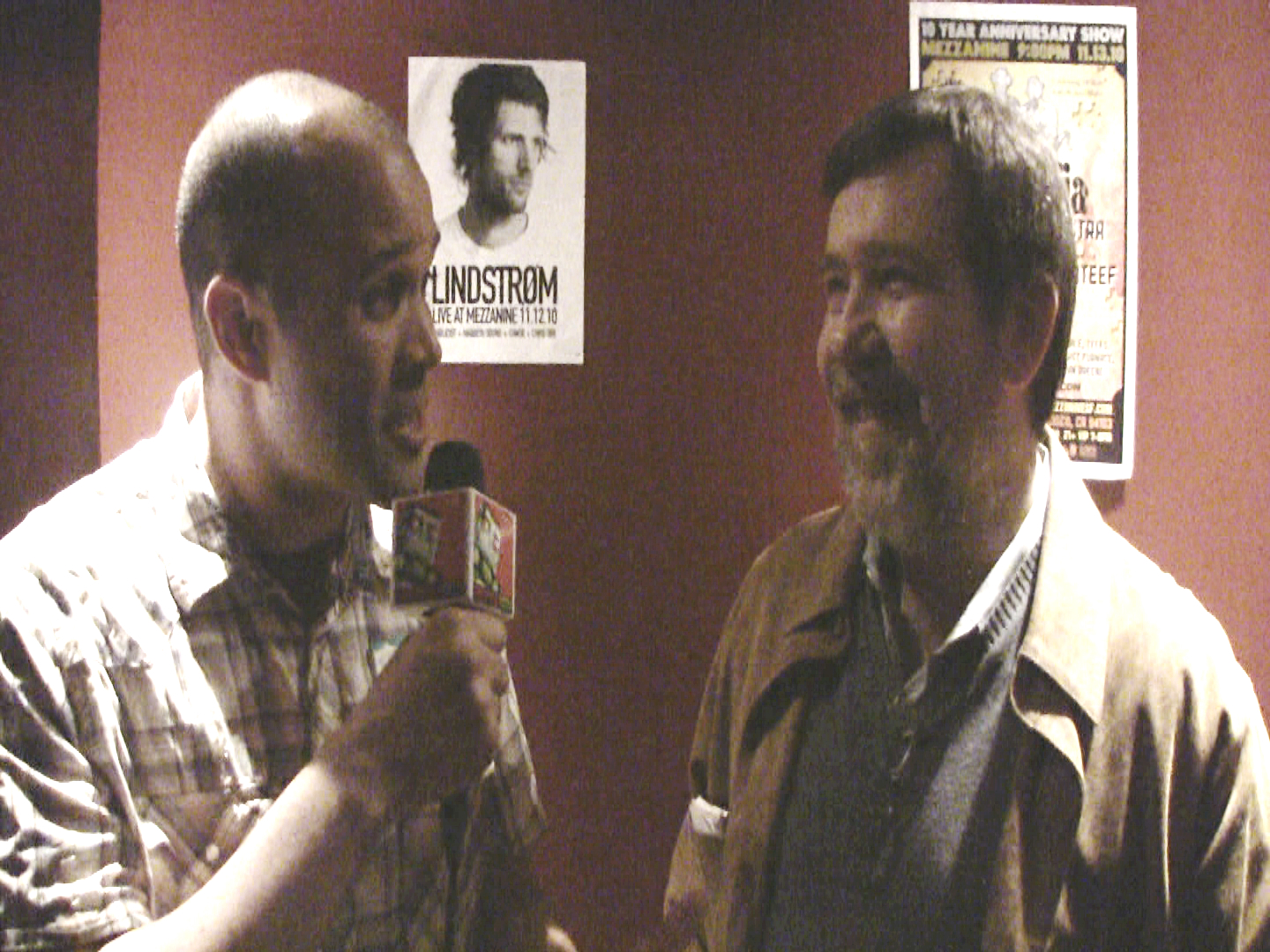For about a year now, a group of mental health researchers have been looking into the effects that Tetris has on PTSD-afflicted brain. Thus far, their research has shown evidence that playing Tetris shortly after suffering from a traumatic event will do more to prevent flashbacks than occupying your mind with a word-based quiz game, or doing nothing at all.
Last night, I had the opportunity to ask Alexey Pajitnov, the creator of Tetris, what he thinks of this research. His response was humble and to the point — “It’s a great thing that people are discovering even more of the benefits that videogames can provide, but I don’t think that it is just Tetris that can provide these benefits. They are studying Tetris now, and so far, the evidence is strong, but there are many other games that may provide a similar effect. I think that all games should be studied, because all games can be important.“
He’s got a point, but it makes sense that Tetris is the game they’re studying now. After over 25 years of global success, it’s clear that Tetris does something for the human brain that other games do not. Personally, I’ve seen it work. I used to be a social worker in a psychiatric hospital, and after hearing about this research, I brought in Tetris for one of my patients who suffered from PTSD and tenancies towards self mutilation. After getting into the game (which she’d never played before) she hurt herself much less often, and told me that when she played the game, she felt a lot better.
Traumatized? Playing Tetris may reduce Flashbacks [CNN]








